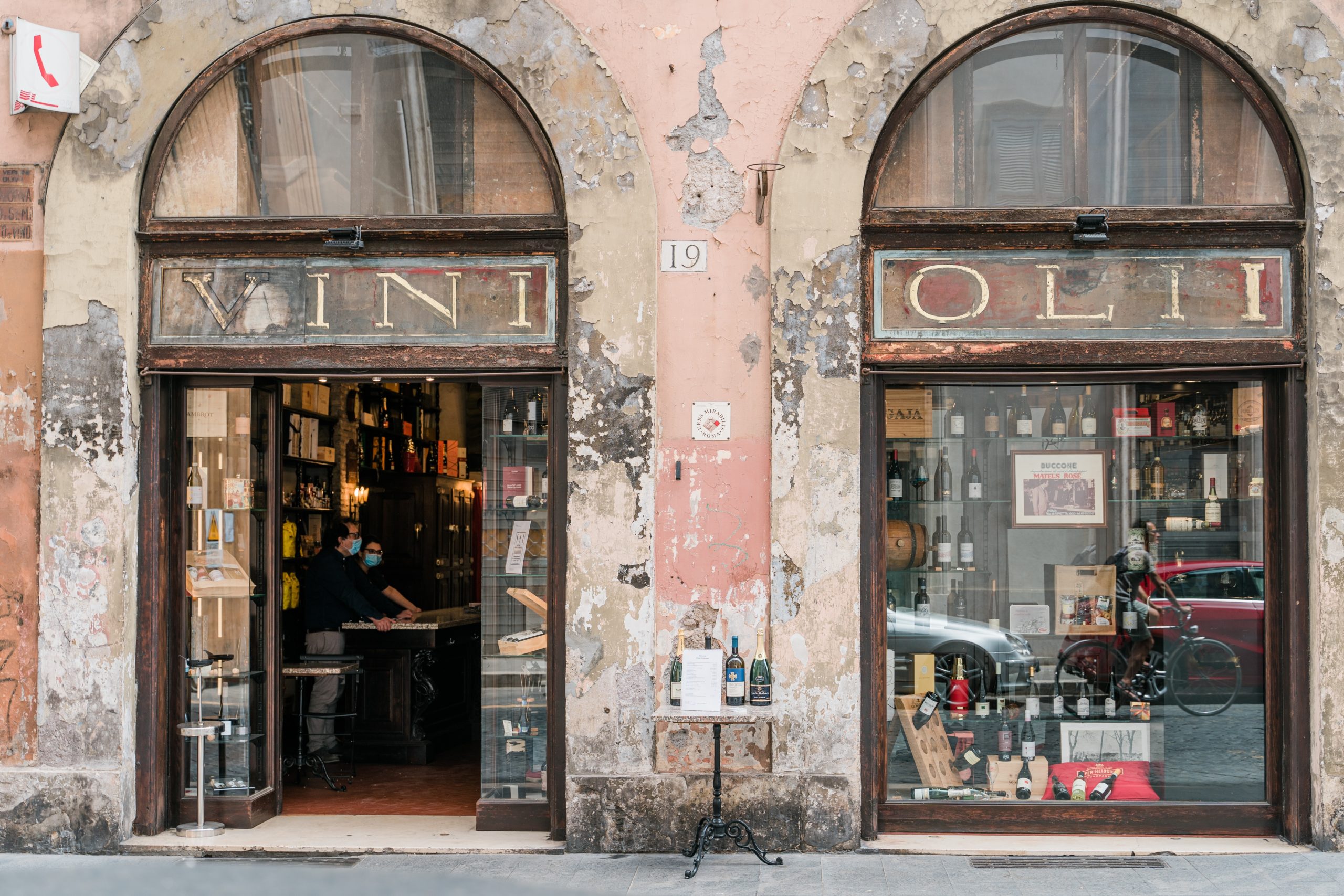Blog
What do “Qualsiasi” e “Chiunque” mean?
Qualsiasi (Any) Qualsiasi is one of those words that can often lead to confusion. In this article you will learn how to use it properly when speaking Italian. Qualsiasi is an indefinite adjective, and it is invariable: it means that it is not modifiable,...
17 Unexpectedly Creative Methods to Learn Italian
The creative adult is the child who survived. How do you apply creativity to your Italian learning routine? Have you ever thought of adding a pinch of creativity to boost your learning process and have fun along the way? If so, this is for...
How to use the verb ‘Mettersi’
Mettersi is an Italian verb that non-native speakers may struggle with. It is, nevertheless, commonly used in everyday Italian, and you may want to learn how to use it. First of all, you might be familiar with mettere, which simply means to put. Well, mettersi,...
Dire and Parlare: The Difference
How do you say 'to talk' in Italian? Is it 'dire' or 'parlare'? Let's see. Dire and parlare are two Italian verbs frequently mistaken for each other, yet they have distinct meanings. In this post, I will go over the two words and provide you with a few examples of...
Italian Passato Prossimo
What is passato prossimo in Italian? Passato prossimo is the main past tense in Italian and is used to express actions and events that occurred in the past. Usually, it appears together with time expressions such as ieri - yesterday stamattina - this...
Understanding the Differences: ‘Finalmente’, ‘Alla Fine’, and ‘Infine’ in Italian
What is the difference between 'finalmente', 'alla fine' and 'infine'? During my classes, I've noticed that students often get confused between the use of 'finalmente,' 'alla fine,' and 'infinite.' In fact, these may initially seem like interchangeable adverbs due to...
Is Sicilian a Language?
If you are a passionate Italophile, the odds are you have been faced with the complex topic of "the languages and dialects of Italy." If you have ever traveled to Sicily or you are planning to, you might have wondered if Sicilian people will understand you or you...
Italian Present Conditional (Condizionale Presente)
How to Use the Italian Present Conditional The present conditional (condizionale presente) is used in Italian to talk about something that would happen — if only circumstances allowed it. It’s the equivalent of the English structure "would + verb"...
15 Italian Tongue Twisters to Improve Your Pronunciation
Italian is generally straightforward to read, but there are certain sound clusters that can be challenging for non-native speakers. To help you practice some of the most difficult Italian sounds, such as the "r", the double consonants, the “z", and consonant clusters...
What’s The Difference Between ‘Dovevo’ and ‘Ho Dovuto?’
If you ended up on this page, it's because you wonder if there is any difference between the use of ho dovuto and dovevo,ho voluto and volevo, sapevo or ho saputo. In other words, you might have realized that there's a difference in the meaning of certain verbs if...










